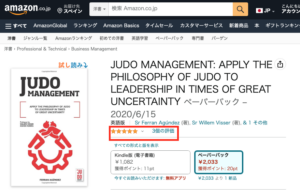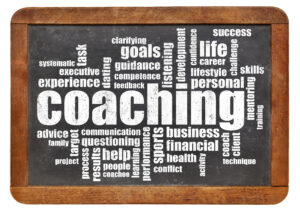Judo is always in full development and judo threatened to degenerate into wrestling in a white and blue suit.
Strength and endurance, the additional skills, were a long time more important than the essence of Judo, technique.
Fortunately the International Judo Federation, with the inspiring forces of Mr Vizer, Mr Uemura, Mr Barta and Mr Snijders, has recognized the danger and the IJF has, mainly by improving the contest rules, Judo is put on the right track again.
By the new contest rules (more or less back to the sixties of the last century) the essence of Judo has become again the most important aspect of Judo.
Hazumi and Ikioi
Two terms used to explain judo are Hazumi and Ikioi. In order to reach one’s highest potential, Hazumi and Ikioi need to be brought in perfect harmony.
What is Ikioi and what is Hazumi?
Ikioi is an essential aid that must be, to a certain extent, present; however, it can never be more important than Hazumi.
Hazumi is the ability to arrange and coordinate mass and speed. This requires precise movement, which can only exist when one can process and store information. Information about what one must do and how it must be done, depending on the location (the circumstances) and the amount of time (speed) the person must act on.
If one wants to succeed, one should always respect the true, the right and the beauty (shape of technique and movement); misshaping costs time and is at the expense of speed. To use mass and speed correctly, one should be well shaped, well-educated based on values means: style!
Hazumi is the ability to arrange mass and speed. The spirit (being calm, alert, full of energy, conscious and responsive) determines this ability. Arms and legs are relaxed, the core is strong, and your eyes are focused on your opponent’s chin. The combination of these parts can be termed active stoicism.
Ikioi is the push: the power that makes the body heavy, hard, and tense/ready. The limbs contract, the opponent must be resisted.
Ikioi must be an aid.
“If Ikioi reigns over Hazumi, it suppresses freedom…and development is far away without freedom. “
According to the theories and lessons of Professor Kano.
Willem Visser, Executive coach, Strategic Adviser, International Lecturer 8th Dan Judo IJF
With gratitude to all my teachers, specialists, colleagues and especially all the judoka that I was allowed to guide and to coach.
Sources and inspiring professionals:
Van der Horst, Cobben, Abe, Saitoh, Yamashita, Uemura, Sugawara, Murata, Hosokawa, Komata, Takahashi, Nakamura, Kasuga, Kawashima, Kariya, Brousse, Besson, Rougé, Ruska, Geesink, de Cree, Barta, Vachun, Viser, Lascau, McConnell, Snijders, Sins, Hoogendijk, Boersma, Odinot, van Dijk, Klok and many others.




